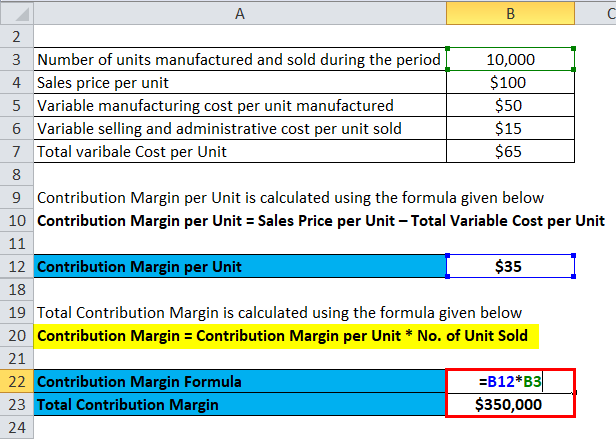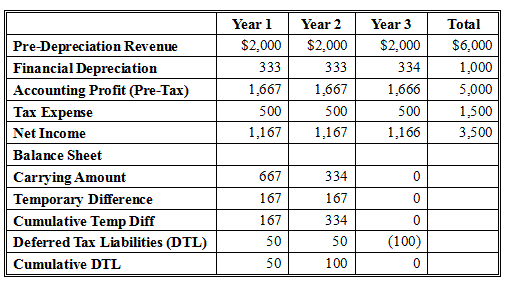Payroll Outsourcing: Pros, Cons and Getting Started
Only 17% of US businesses outsource payroll—it’s common to not know when to make the switch. Depending on your company’s location, you may have to comply with federal, state and local payroll-related regulations. Partnering with a payroll provider can help you rest easy, knowing your business is compliant. Blueprint is an independent, advertising-supported comparison service focused on helping readers make smarter decisions. We receive compensation from the companies that advertise on Blueprint which may impact how and where products appear on this site. The compensation we receive from advertisers does not influence the recommendations or advice our editorial team provides in our articles or otherwise impact any of the editorial content on Blueprint.
- They are available round the clock to answer queries and provide assistance.
- They also offer additional services such as HR solutions and tax assistance.
- It’s stripped down for businesses that just need easy payroll, with flexibility to add on services as you grow.
- You can also decrease the chances of having to pay monetary penalties for making compliance errors.
- Rippling offers a wide range of functionalities, but it excels in its ability to integrate HR with IT.
The final major component of the process is for outsourced end-of-year tax duties. This includes both submitting documentation to tax authorities—which the provider has maintained throughout activities—and remitting the tax dollars themselves. It also includes managing information relevant to the tax process such as health insurance and workers’ compensation claims. Our team creates all conditions to eliminate barriers arising in the course of business development or reorganization. Cost-wise, payroll outsourcing fees can vary depending on the number of employees, vendor chosen, and features utilized.
Best for Comprehensive Services: Paycor
Payroll outsourcing services streamline your payroll processing system. This includes calculating tax withholdings and deductions, depositing employee paychecks for each timesheet, compiling payroll reports, and producing payroll registers. Payroll outsourcing is the use of an external provider to handle the administration of your company’s payroll. Rather than an in-house payroll or HR professional, team manager, or small business owner handling payroll themselves, a third-party company takes care of the logistics.
- Many payroll providers also offer services that go beyond payroll processing and tax filing.
- Monday.com is ideal for companies that value project management and team collaboration as part of their human resources processes.
- The company should provide prompt and helpful support to answer any questions or resolve any issues you may have.
- Payroll software should also integrate with benefits administration software for accurate deductions and with time tracking software.
This has historically been one of the main incentives for any kind of outsourcing, and payroll functions are no exception. There are a number of outsourcing providers in the market providing payroll services for accountants and small businesses. However, what is lifo methoddefinition and example most of them do not display fixed pricing on their website as it is customised for each client based on their specific requirements. Many small business owners outsource their payroll and HR because of how complicated and time-consuming the tasks can be.
Featured payroll software offers
Blueprint does not include all companies, products or offers that may be available to you within the market. This platform stands out with its user-friendly design and practical features like leave management, expense management and performance tracking, in addition to the payroll process. Sage HR, formerly known as CakeHR, is a highly appealing solution to small and medium-sized businesses, known for its simplicity and effectiveness in handling HR and payroll tasks. Monday.com is ideal for companies that value project management and team collaboration as part of their human resources processes. Whether you only have contractors to pay or staff of W-2 employees, outsourcing payroll is a great decision when you’re spending too much time keeping books instead of growing your business. Payroll outsourcing is where a company hires a third-party payroll program to pay independent contractors and employees rather than paying a full-time payroll professional.
How technology supports payroll outsourcing
If your employees have a question about their latest paycheck, they can call and speak to a dedicated team member who knows your business. Also, if your company receives a notice to garnish an employee’s paycheck, the PEO will work on filing the garnishment under its own employer identification number. Additionally, some companies are subject to tax penalties due to mismanaged payroll administration. These can be costly by themselves, and they end up costing even more when you factor in lost time spent dealing with an audit or penalty. The platform is known for its excellent customer support and compliance expertise, making it a preferred choice for businesses that require a high degree of regulatory adherence and support.
Arranging Payroll Outsourcing
The term “payroll” can describe both a company’s list of employees to be paid and also the total amount an employer owes in wages and salaries. In the modern business context, however, payroll most often refers to the process of paying employees or to the entities responsible for carrying this out. It encompasses a variety of tasks, not all of which are necessarily carried out by the same entity.
Best Practices for Outsourcing Payroll
Whether you have one employee or 100, you’ll need to process payroll to ensure they get paid correctly and that proper records are kept. Gusto is made for startups and growing small businesses with a mix of employee- and contractor-based workforces. Perhaps even more concerning is the increased risk of a breach of sensitive data that outsourcing inevitably brings. While many cloud-based programs for payroll data management use encrypted servers and firewalls for security, they are juicy targets for malicious activity.
It specializes in core HR functions, including payroll, benefits, time tracking and scheduling. Businesses are moving away from hiring outside vendors or payroll services for payroll operations, preferring to keep these functions internal. When payroll operations required serious overhead, outsourcing made sense. Now, with the help of automation, a payroll department can be only a handful of workers and an investment in cloud computing.
Pricing
It also offers employee self-service options, allowing employees to access their pay stubs and tax information. The payroll outsourcing company should have in-depth knowledge of local, state, and federal payroll laws and regulations. They should ensure your business stays compliant with these laws and keep you updated on any changes that might affect your payroll process.
It’s impossible to know which payroll processing software is right for your company without doing solid research beforehand. Your research should involve asking questions like the ones listed above, then seeing what each platform offers. For more advanced services, pricing can be a little higher per month—but the long-term savings in time, effort, and accuracy quickly make outsourced payroll cost-effective. The costs of payroll outsourcing vary dramatically, depending on the provider you select. For example, you can get payroll assistance without spending a dime through Payroll4Free.









